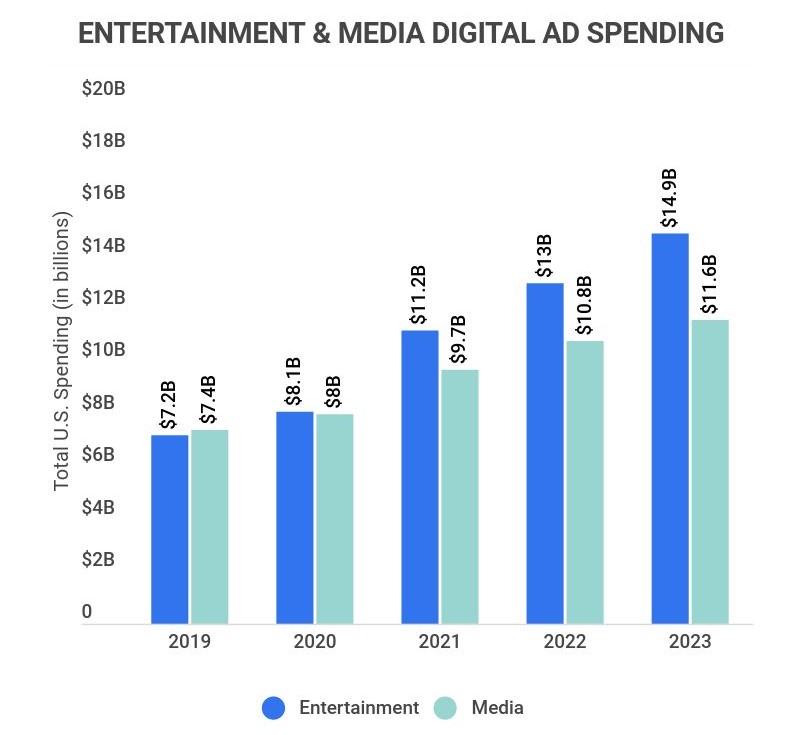Cuanto Postureo: El Arte de la Influencia
Explora el fenómeno del postureo en redes sociales y la vida diaria.
Influencer Overload: Are Celebrities Obsolete?
Is the age of celebrities fading? Dive into the world of influencer overload and discover if it's time for a new icon!
The Rise of Influencers: Are They Dismantling Celebrity Culture?
The rise of influencers has undoubtedly transformed the landscape of modern celebrity culture. Unlike traditional celebrities, who often achieve fame through film, music, or sports, influencers leverage social media platforms to build their personal brands and connect directly with their audiences. This shift has democratized fame, allowing anyone with charisma and a unique perspective to gain a substantial following. As a result, millions now look to influencers for lifestyle guidance, product recommendations, and entertainment, challenging the relevance of traditional celebrities in popular culture.
Moreover, influencers often engage in more authentic interactions with their followers, creating a sense of community and trust that is sometimes missing in the polished images of mainstream celebrities. As influencers continue to gain traction, some industry experts argue that this could lead to the dismantling of celebrity culture as we know it. Instead of idolizing unattainable figures, audiences are increasingly drawn to relatable personalities who share their day-to-day lives and real-life experiences. This evolving dynamic raises important questions about the future of fame and our collective perception of celebrity.

Celebrities vs. Influencers: Who Holds More Power in Today’s Market?
In today's rapidly evolving digital landscape, the distinction between celebrities and influencers has become increasingly blurred. While traditional celebrities often rely on their fame derived from movies, music, or sports, influencers have built their following through social media platforms by connecting on a more personal level with their audience. As a result, influencers possess the ability to engage niche markets effectively, often commanding higher conversion rates. The power dynamics in marketing are shifting, prompting brands to reconsider their strategies. According to recent surveys, many consumers trust influencer recommendations over celebrity endorsements, highlighting a significant trend that brands cannot afford to ignore.
Furthermore, the relationship influencers maintain with their followers tends to be more authentic compared to celebrities, who may be perceived as distant or less relatable. This authenticity translates into greater power within the marketing sphere as influencers engage their audiences in a dialogue, cultivating loyalty and genuine interest in their endorsements. As the digital world continues to grow, it raises the question: are celebrities losing their grip on market influence? With influencers rising to prominence, brands must evaluate whether celebrity sponsorships offer the same ROI as collaborations with influencers who can connect with audiences on a more intimate level.
Are Traditional Celebrities Losing Relevance in the Age of Social Media?
In the rapidly evolving digital landscape, traditional celebrities are increasingly finding their relevance challenged by the rise of social media influencers. Platforms like Instagram, TikTok, and YouTube have democratized fame, allowing ordinary individuals to gain massive followings and connect with audiences in more authentic ways. This shift means that the curated personas of traditional stars are often seen as less relatable, while social media figures present a more accessible and genuine image, captivating younger generations seeking connection over traditional celebrity culture.
Moreover, the immediacy of social media allows influencers to engage directly with their followers, fostering a sense of community that traditional celebrities often lack. Brands are also recognizing this shift, investing in partnerships with social media personalities who can deliver highly engaged audiences. As a result, the question arises: are traditional celebrities losing relevance? While they still hold sway in certain domains, their hold on popular culture is increasingly contested by the dynamic and interactive nature of the social media landscape.